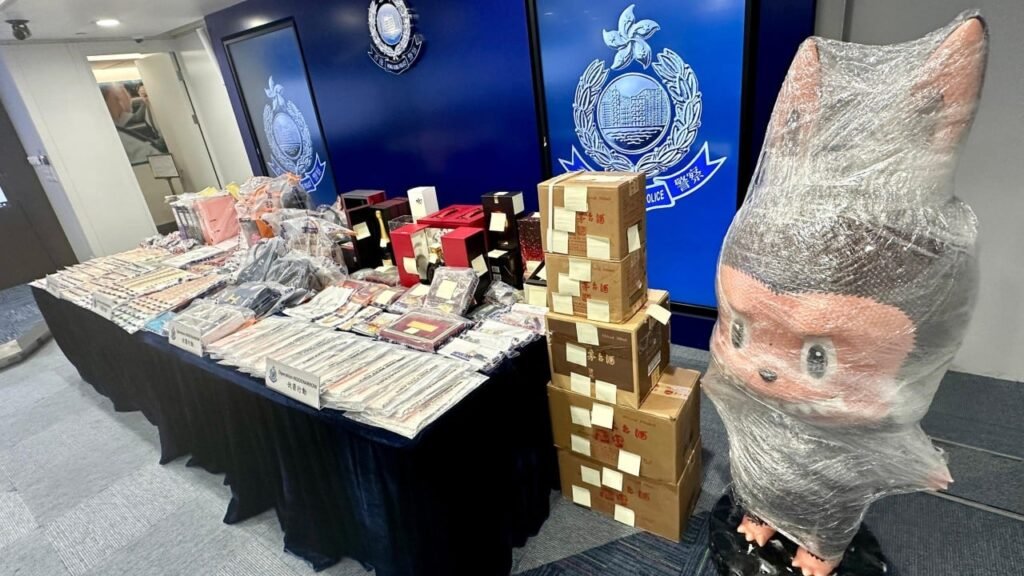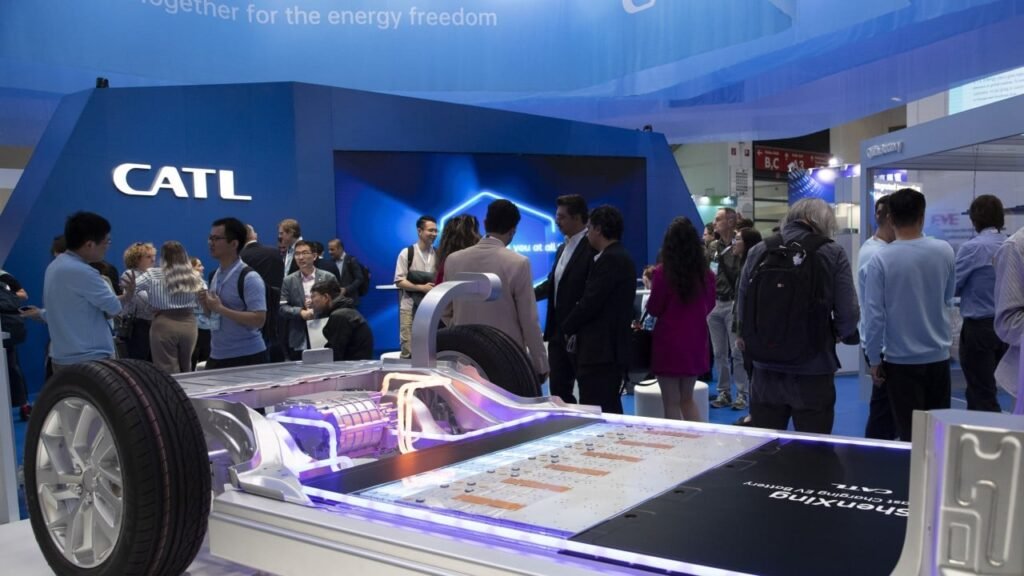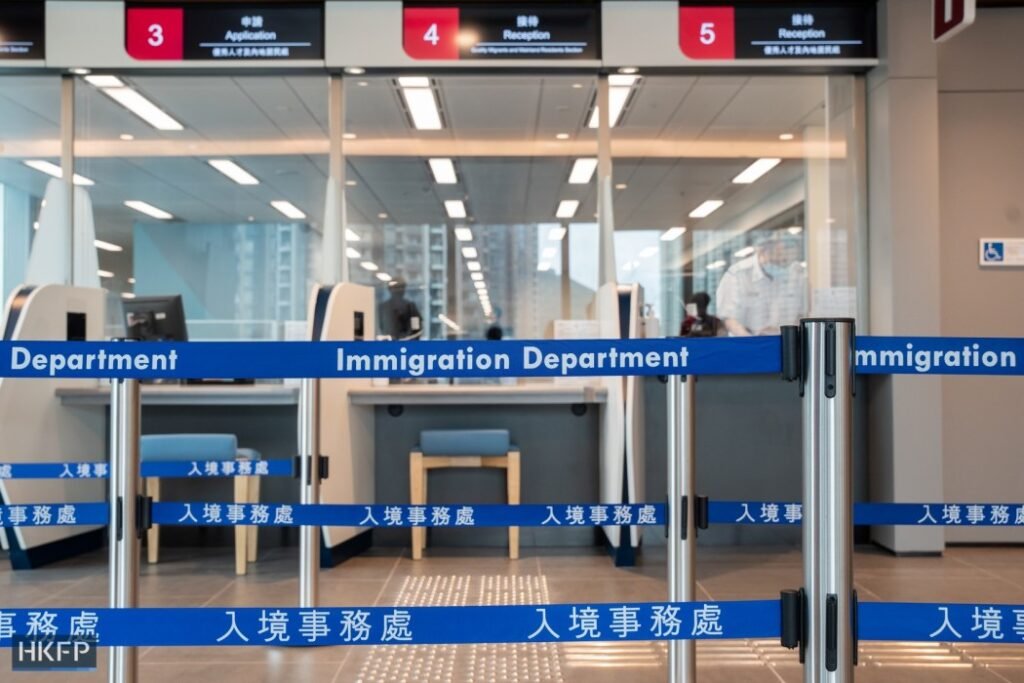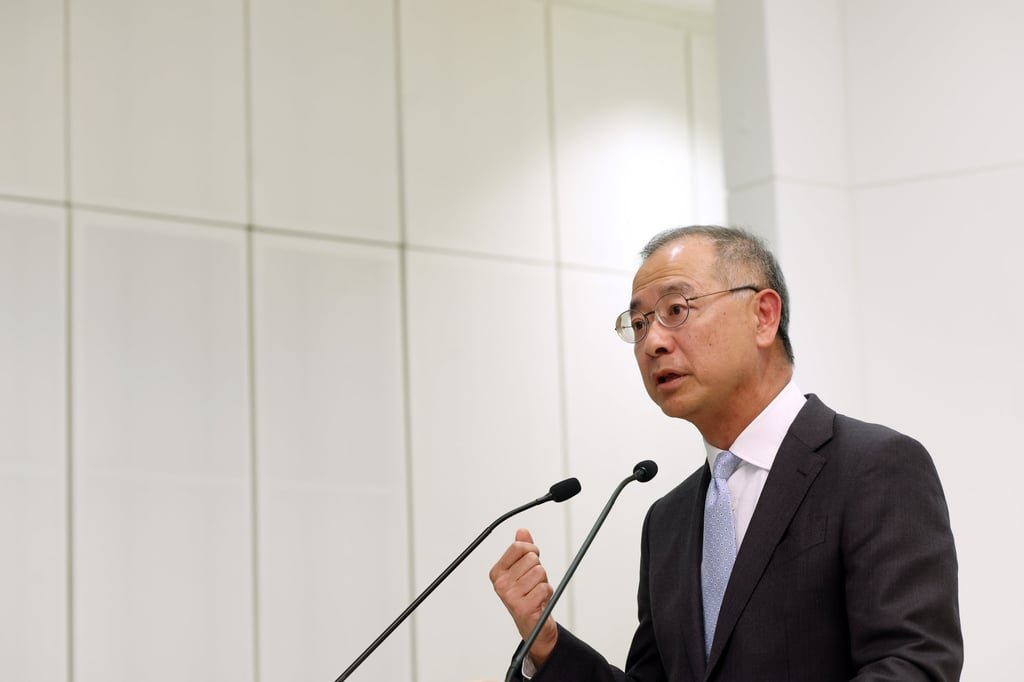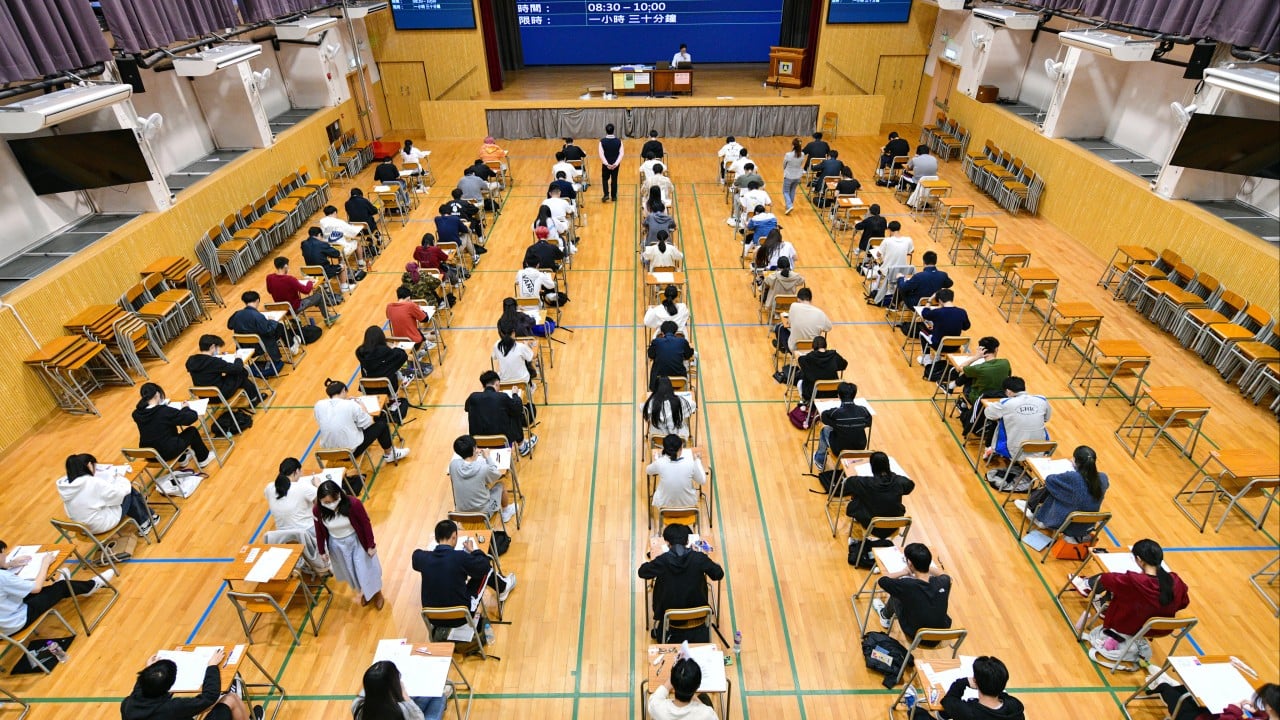
An increasing number of mainland Chinese pupils are taking Hong Kong’s university entrance exams as a step towards more diverse opportunities in higher education, with at least two achieving flying colours as private candidates this year.
Leslie Wang Ziqi, 18, a student in Shenzhen, switched from the National Higher Education Entrance Examination or gaokao, mainland China’s university entrance exam, to the Diploma of Secondary Education (DSE), as a private candidate at the beginning of his final year of senior high school.
“Compared to the gaokao, the DSE is less stressful,” he said, adding that the DSE was also internationally recognised and opened up more diverse pathways for mainland students like him who wanted to pursue their tertiary education and careers abroad.
To prepare for the exam, Wang travelled to bookstores in Hong Kong to buy study guides and also used AI tools to help him organise his notes.
“The DSE is a strictly standardised exam, and a lot of study materials are publicly available, so it’s very suitable for self-study,” he said.
On Wednesday, all candidates received their exam results, with individual subjects graded on a seven-level scale from 1 to 5**. Wang scored an impressive total of 28 marks across his subjects: 5** for compulsory mathematics, 5* for physics, 5* for the extended module of algebra and calculus, 5 for Chinese language and 4 for English language.
Wang said he wanted to pursue a science degree at the University of Hong Kong (HKU), and his strong DSE results would help his chances of getting in.
Another DSE private candidate from the mainland, Alexander Xu Mohan, also scored 28 marks in total after attaining 5* for compulsory mathematics, 5* for physics, 5 for the extended module of algebra and calculus, 4 for chemistry, 3 for Chinese language and 4 for English language.



